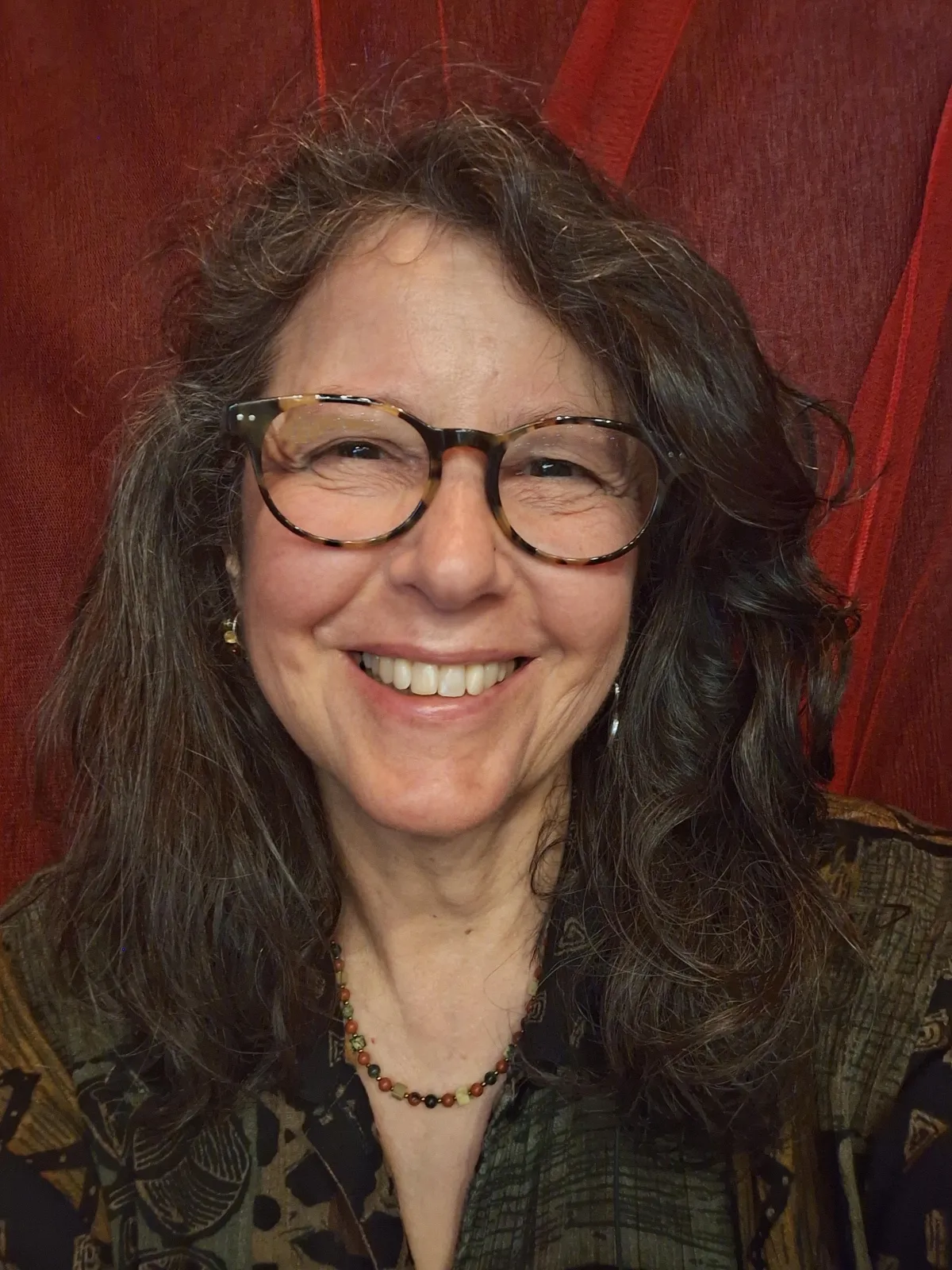

Uh Oh.
Page Not Found.
I'm not sure how you got here, Maybe you mistyped. Maybe I gave you a bad link. Either way, I hope you enjoy the pup and find your way.
photo of puppy by Dex Ezekiel

© 2025 MetaFiscal Matters - All Rights Reserved


Page Not Found.
I'm not sure how you got here, Maybe you mistyped. Maybe I gave you a bad link. Either way, I hope you enjoy the pup and find your way.
photo of puppy by Dex Ezekiel

© 2025 MetaFiscal Matters - All Rights Reserved
Facebook
LinkedIn
Youtube